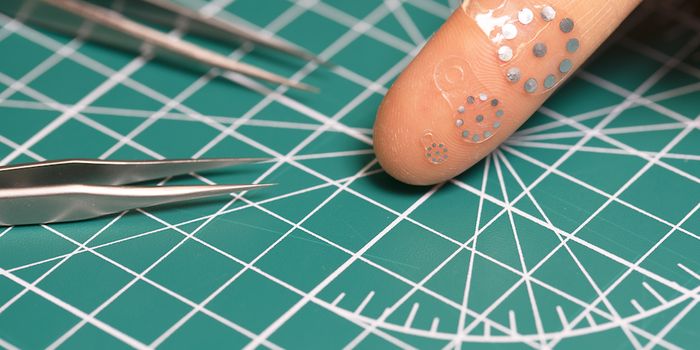A Deep Learning Tool for Faster, Better Heart Disease Diagnoses
A new deep learning tool could help slash the time it takes to interpret cardiology scans to diagnose obstructive coronary artery disease by 75 percent. The study, featured in the European Journal of Radiology, describes how this new technology, powered by artificial intelligence (AI) can not only accelerate processing times but also assist radiologists in identifying potential problem areas in the patients’ major arteries.
In obstructive coronary arterial disease, the blood vessels that supply the heart gradually narrow, and in severe classes, can even close completely. This happens as a result of the accumulation of plaque in a process called atherosclerosis.
Checking for obstructions and blockages in coronary scans can be challenging—radiologists require specialized training and extensive experience in order to be able to interpret these scans correctly.
According to Chun Yu Liu, lead author of the study, AI can complement scan interpretation by trained medical staff, speeding it up and improving accuracy.
The new diagnostic platform was built on scan data from 165 patients, with a threshold of at least 50 percent of luminal stenosis as a reference level for a positive diagnosis.
The team’s analysis revealed that the AI system proved to be reliable, diagnosing coronary artery disease with 90.5 percent sensitivity and 82.3 percent specificity. Most promisingly, it sped up processing times from 8.5 to 3.7 minutes.
Coronary artery calcification, or the buildup of calcium deposits on the inner walls of arteries, didn’t affect the software’s performance, and similarly, it was not impacted by differences in input image quality.
“Image quality and calcification burden did not negatively affect the diagnostic performance of AI,” explained Liu. “Thus, AI may be an efficient tool for the diagnosis of coronary artery stenosis.”
Sources: Diagnostic Imaging, European Journal of Radiology.
-
MAY 07, 2024Is It Anti-RNP or Anti-Sm/RNP?
- See More
-
APR 30, 2024Immuno-Oncology Virtual Event Series 2024
-
MAY 07, 20243rd International Biosecurity Virtual Symposium
-
MAY 23, 2024For the Love of Digital PCR 2024
- See More


















































